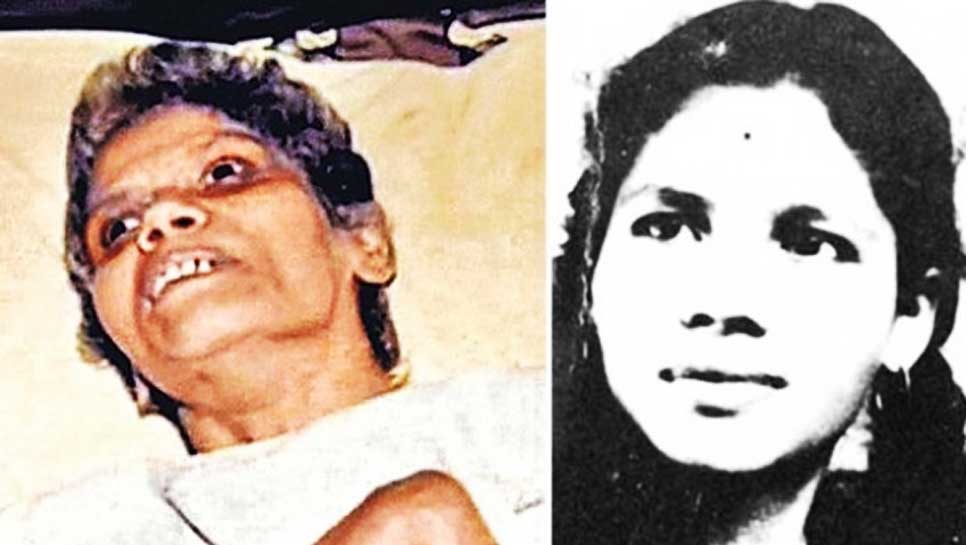New Delhi: The Supreme Court has passed a historic judgment on the petition in which a death-seeking person was asked to give recognition to the written legacy for euthanasia (Living Will).

The bench of five judges said that it could be allowed with some guidelines. In fact, ‘Living Will’ is a written document in which a patient gives instructions beforehand how he should be given treatment if he is not in a condition to reach a dead state or if he is not in a position to go to a state of emergency.
Aruna had asked for euthanasia earlier in the KEM hospital in Mumbai. The petition for euthanasia of a nurse Aruna Ramchandra Shanbagh, who had been in coma for 37 years, has been rejected by the court. Even in that case, the Supreme Court had approved passive euthanesia with some conditions. Dying patients, who have no chance to improve their condition and will die only by removing life support systems, are called passive
euthanasia. Writer Pinki Virani had demanded it for Aruna Shanbagh. Aruna Shanbag stayed for 42 years in room no. 4, KEM hospital.
Aruna’s painful story
Aruna Ramachandran Shanbaug in 1966, served as a nurse in King Edward Memorial (KEM) Hospital in Mumbai. A cleaner in the hospital named Sohanlal Valmiki had brutally raped Aruna on November 27, 1973, after which she was in coma.
In the petition, Pinki Virani had asked for not giving her food so that Aruna could get rid of her hell like life. Pinki Virani wrote the painful story of Aruna Shanbagh in a book and named it ‘Aruna ki Kahani’.








